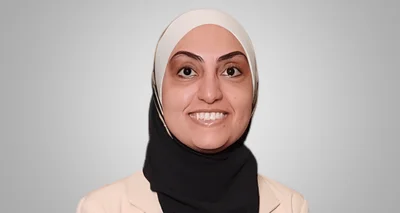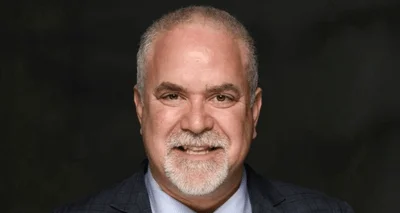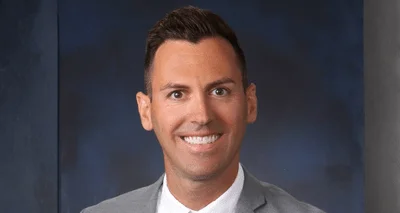Lake County is holding public talks about how to best allow legal marijuana. | Adobe Stock
Lake County is holding public talks about how to best allow legal marijuana. | Adobe Stock
After a year-long delay, Lake County is taking steps to potentially allow recreational marijuana use nearly a year after the state legislature granted its approval.
The county Board of Commissioner is holding public hearings on recreational cannabis sales for legal-age use before the moratorium expires on Wednesday, Feb. 10.
For now, the sale and use considerations relate to the unincorporated jurisdictions within Lake County.
In early January, officials discussed the ban on businesses related to cannabis dispensaries, cultivation, processor or distribution businesses — or whether it should look at zoning regulations instead.
In 2019, the Lake County Board of Commissioners put a one-year moratorium on recreational cannabis sales within the county. Before the moratorium expires, the board is holding public hearings that could allow cannabis businesses to open for adult use only in unincorporated parts of the county.
The county’s director of planning, building and development said the moratorium allowed for research about the impact of legalizing the drug and get public input.
“It was an ambitious plan, and one that we anticipated would yield an enormous amount of data to sift through — I’ll call it a great plan and a great strategy — and then COVID hit, and COVID persisted, and COVID remained throughout the year, and we’re now still in the pandemic, and it’s going strong,” Eric Waggoner, director of planning, building and development, said in a meeting with commissioners.
It will take at least a year for the county to determine how much individuals’ purchases of marijuana were affected by the pandemic, Krista Braun, who is the Lake County planning and zoning manager, said.
“We predict that the tax revenue collected from dispensaries will be far greater than what the county gets from video gaming, and depending upon the number of dispensaries that may eventually be in operation in just a few short years, could hit $3 million per year,” Braun said.






 Alerts Sign-up
Alerts Sign-up